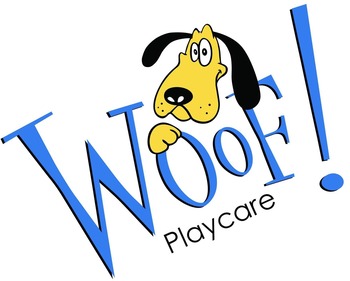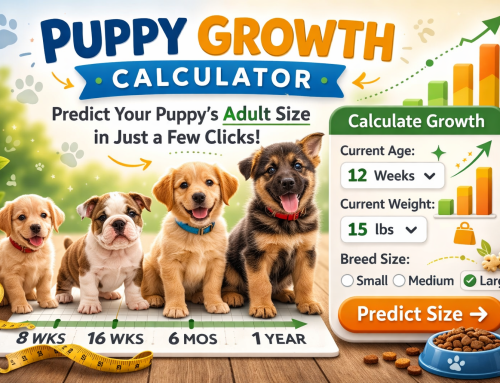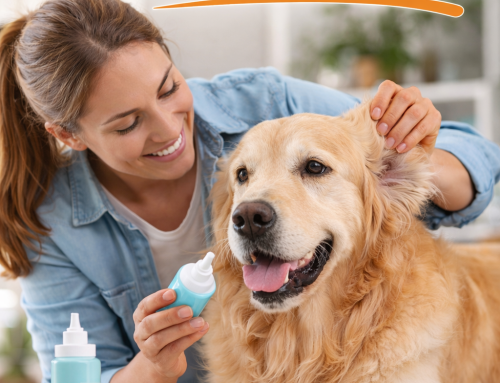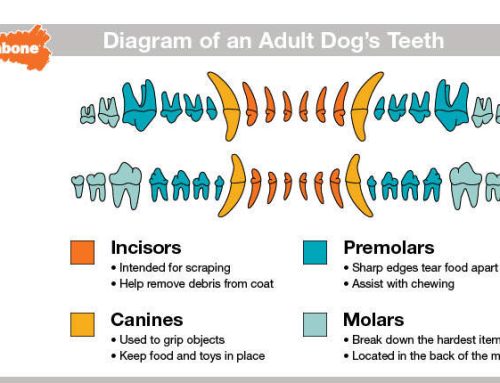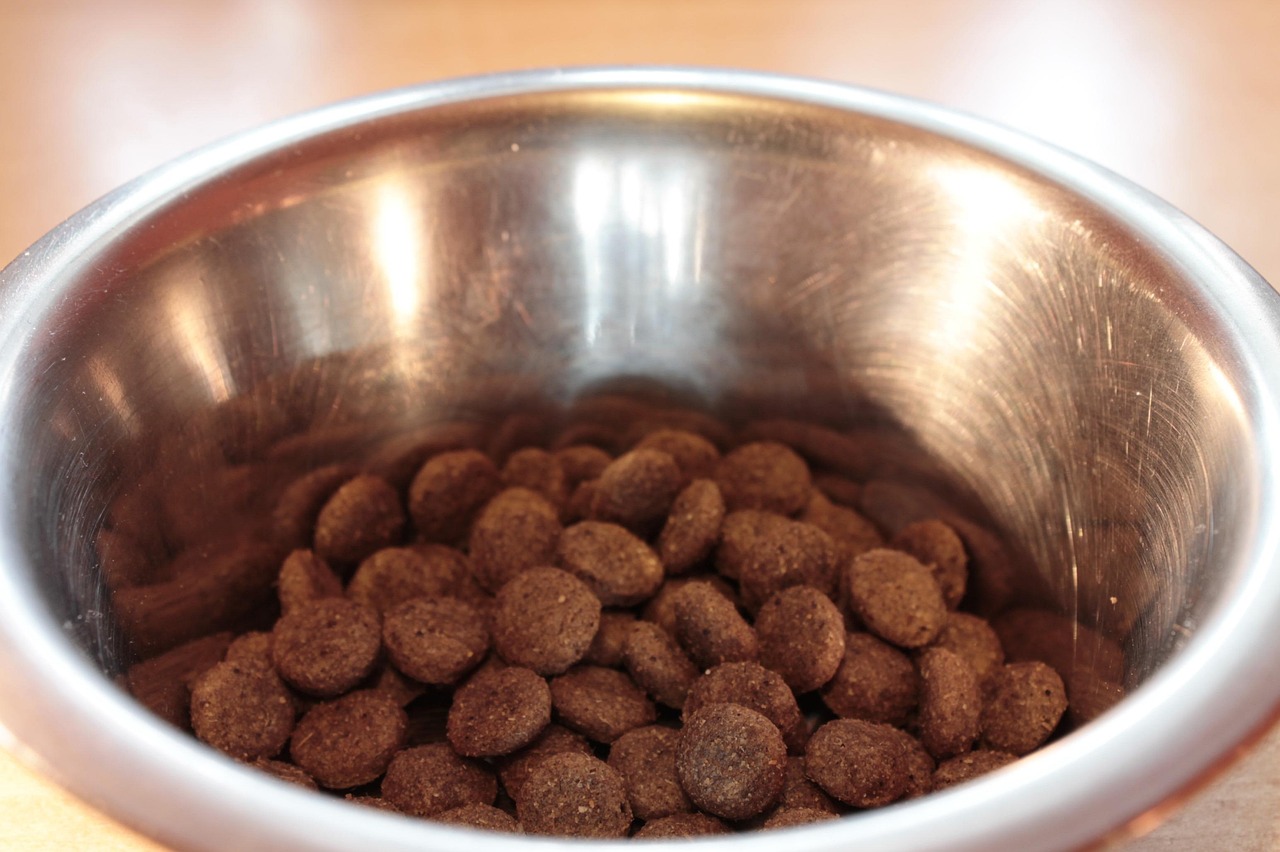
Choosing the right food for your dog is one of the most important decisions you’ll make as a pet owner. Good dog food gives your dog the energy, nutrients, and support they need to live a long, healthy life. But with so many brands and ingredients out there, it can be tough to know what’s actually good—and what’s just clever marketing.
So, what makes a dog food “good,” and how do you pick the best one for your pup? Here’s what you need to know.
What Makes a Dog Food Good?
A good dog food is one that provides complete and balanced nutrition for your dog’s age, breed, size, and activity level. That means it contains all the essential nutrients—like protein, fat, fiber, vitamins, and minerals—in the right amounts.
Here are a few key things to look for:
- Meat or animal protein as the first ingredient. Dogs need protein for strong muscles, a healthy coat, and overall energy. Look for chicken, beef, turkey, lamb, or fish at the top of the ingredient list.
- AAFCO statement. Check the label for a nutritional adequacy statement from the Association of American Feed Control Officials (AAFCO). It should say the food is “complete and balanced” for your dog’s life stage (puppy, adult, or senior).
- Limited fillers. While some grains or carbs are fine, good dog foods avoid too many fillers like corn, wheat, and soy. These don’t provide much nutrition and can be harder for some dogs to digest.
- Healthy fats. Ingredients like chicken fat and fish oil support healthy skin and coat, as well as brain and joint health.
- No artificial colors or preservatives. Dogs don’t need colorful kibble or fake flavors. Look for foods with natural preservatives like mixed tocopherols (a source of vitamin E).
What Are the Best Dog Food Brands?
There are many great dog food brands out there. Some of the most trusted and vet-recommended include:
- Hill’s Science Diet – Often recommended by vets, it’s backed by research and offers formulas for different health needs.
- Purina Pro Plan – High-quality ingredients, lots of variety, and developed by veterinary nutritionists.
- Royal Canin – Known for breed-specific and prescription diets for dogs with health issues.
- Blue Buffalo – Natural ingredients with real meat as the first ingredient and no artificial additives.
- Wellness Complete Health – Offers grain-free and whole-grain recipes with premium proteins and superfoods.
- Orijen – High-protein, biologically appropriate food with fresh regional ingredients.
Before switching your dog to a new brand, it’s a good idea to talk to your vet—especially if your dog has allergies, health problems, or is on medication. The American Kennel Club has a detailed breakdown of top-rated dog foods based on breed and health needs.
Should I Choose Grain-Free Dog Food?
Grain-free dog foods became popular a few years ago, but they’re not always necessary. Most dogs can digest grains like rice and oats just fine. Grain-free foods are often recommended for dogs with allergies or sensitivities, but it’s important to be cautious.
The FDA has investigated possible links between grain-free diets and heart disease in dogs, especially those that use ingredients like lentils, peas, and potatoes as the main carb sources. If you’re considering going grain-free, check with your vet first to make sure it’s the right choice for your dog.
What’s the Best Dog Food for Puppies?
Puppies have different nutritional needs than adult dogs. They need more calories, protein, and nutrients to support their rapid growth and development. That’s why it’s important to feed them a puppy-specific formula until they reach full size.
Popular and trusted options include:
- Purina Pro Plan Puppy
- Royal Canin Puppy
- Wellness CORE Puppy
- Hill’s Science Diet Puppy
- Blue Buffalo Life Protection Puppy
Avoid feeding puppies adult dog food or homemade diets unless approved by a vet. Puppies that don’t get the right balance of nutrients can suffer from poor bone development or immune issues.
What’s the Best Dog Food for Seniors?
As dogs get older, they may become less active and develop different health needs. Senior dogs often need fewer calories but still require high-quality protein to maintain muscle mass. Many senior dog foods include added ingredients like glucosamine for joint support and antioxidants for immune health.
Some great senior dog foods include:
- Nutro Ultra Senior
- Blue Buffalo Life Protection Senior
- Hill’s Science Diet Adult 7+
- Iams ProActive Health Healthy Aging
If your senior dog has dental issues, arthritis, or digestive problems, you might need to try a softer food or one designed for sensitive stomachs. Your vet can help guide you to the best option.
Can I Feed My Dog Homemade Food?
Homemade dog food can be healthy if it’s properly balanced, but it’s easy to get the nutrients wrong without expert help. Dogs need the right amount of protein, fat, calcium, and vitamins—and too much or too little of any one thing can cause problems.
If you’re thinking about cooking for your dog, talk to a vet or veterinary nutritionist. You can also use resources like BalanceIT.com or PetDiets.com to create custom, vet-approved recipes.
Another option is fresh dog food delivery services like:
- The Farmer’s Dog
- Ollie
- Nom Nom
These companies deliver fresh, cooked meals made for your dog’s age, weight, and health needs.
How Much Should I Feed My Dog?
How much your dog should eat depends on their size, age, activity level, and health. Most dog food bags include feeding guidelines based on weight, but these are just starting points.
In general:
- Puppies eat more often—3 to 4 times a day.
- Adult dogs eat twice a day.
- Senior dogs may need fewer calories unless they’re still very active.
If your dog is gaining or losing weight, talk to your vet about adjusting their portions. Obesity is a common issue in dogs and can lead to serious problems like joint pain, heart disease, and diabetes.
What About Wet Food vs. Dry Food?
Both dry kibble and canned (wet) food can be healthy options for dogs. It mostly depends on your dog’s needs and your preferences.
Dry food (kibble):
- Usually more affordable
- Easier to store
- Helps keep teeth clean
- Good for dogs that like to graze
Wet food:
- Has more moisture (great for dogs who don’t drink much water)
- Often more appealing to picky eaters
- Easier to chew for older dogs
Some pet owners choose to mix wet and dry food for the best of both worlds. Just be sure to adjust the portions so your dog doesn’t overeat.
Good Dog Foods
Good dog food gives your dog the nutrients they need to stay strong, active, and happy. Look for brands that use real meat, avoid cheap fillers, and are labeled “complete and balanced” by AAFCO. The best food for your dog will depend on their age, breed, lifestyle, and health needs.
Whether you choose dry, wet, or fresh food, the most important thing is that it helps your dog thrive. When in doubt, ask your vet what they recommend based on your dog’s individual health and history.
